The sorry tales of American chains that came to Australia, and struggled
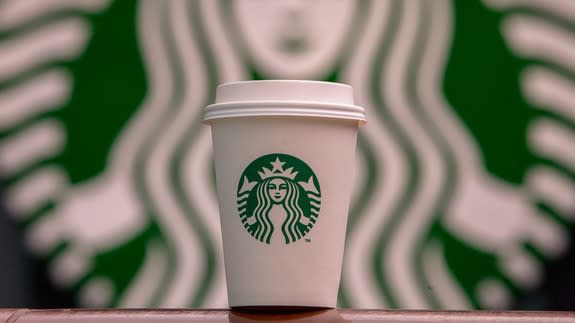
Australians are usually quite welcoming when it comes to U.S. chains coming on to their shores, exemplified by the frenzy around In-N-Out Burger's sojourn in Sydney, but there are a few that have had a pretty rough time Down Under.
American chains such as McDonald's, KFC, Pizza Hut, Domino's and Subway are among those that have performed well locally. Other cashed-up behemoths failed to take into account local tastes, got wrangled in legal issues, or simply flopped.
See also: Ice cream ad is kindly telling you to stop sending dick pics
Let's take a look at the U.S. chains you'll be hard pressed to find, or no longer exist in Australia.
Starbucks
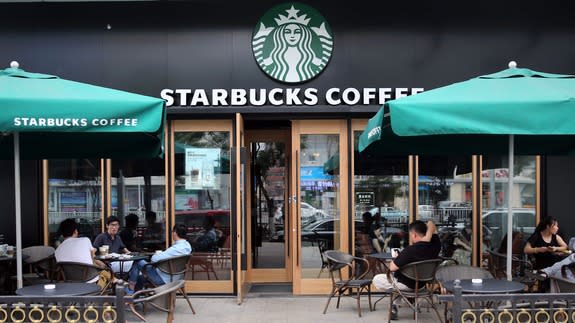
Image: Corbis
It's a well-known fact that Australians are coffee snobs, and Starbucks is an example of an international chain that was scoffed away by locals.
Although the local version still exists, even adding Australian favourites such as the flat white, the assortment of syrupy and Americanised variations of coffee (frappuccino, what the hell?) was never really a hit with Aussies.
Not to mention that filtered American coffee. Gross. Instead, local cafés are the preferred option in Australia, where the locals like their coffee with an Italian twist.
Starbucks closed 61 of its 84 Australian stores in 2008, accumulating losses of A$167 million (US$116 million) by the end of the 2006-07 financial year. Today, there are only 25 stores remaining in Australia.
It seems not even the free Wi-Fi could save Starbucks in Australia.
Krispy Kreme
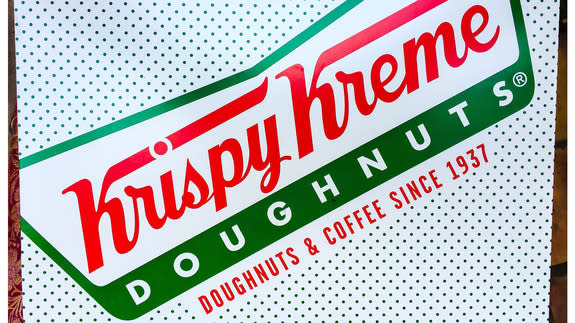
Image: Bob Berg
There was a time when lines at Krispy Kreme's Australian stores would stretch all the way outside, where witnessing the making of its famous glazed donut was a mesmerising experience.
The doughnut chain from North Carolina perhaps overestimated its popularity in the local market, not sensing that the early hype was perhaps indicative of a fad — which would inevitably die off.
The first store outside the U.S. opened in the Sydney suburb of Penrith in 2003. The company then expanded to a total of 59 stores within the space of a few years, receiving plenty of fanfare wherever it opened.
By 2010, Krispy Kreme had entered into voluntary administration "due to poor sales at some of its stores," according to a Fairfax Media report. By the end of the year, the company had restructured and closed 24 of its 59 stores.
It seems the sickly-sweet doughnuts were just too much for the sensitive Aussie palate.
Taco Bell
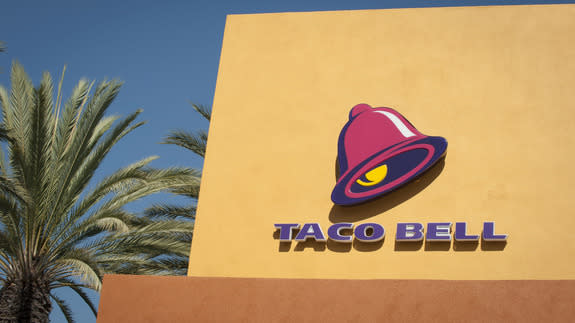
Image: Corbis
Mexican restaurant Taco Bell was too early for its own good. The company launched in Australia before Mexican fast food chains had become the next hip thing. In recent years, the cuisine has exploded in popularity with local chains such as Guzman Y Gomez and Mad Mex capitalising on the market.
The fast-food chain from the U.S. first tried to enter Australia in 1981, but was forced to fight to keep its name against an existing Sydney restaurant called Taco Bell's Casa. It ultimately lost the case, and Taco Bell went quiet in Australia until the late '90s.
By the early '00s, Taco Bell stores had popped up around the country. By the middle of the decade, tacos were off the menu and Taco Bell had left town.
Recently, there has been talk of the brand returning to Australian shores. Let's hope the cuisine has improved a little in the last 15 years.
Boston Market
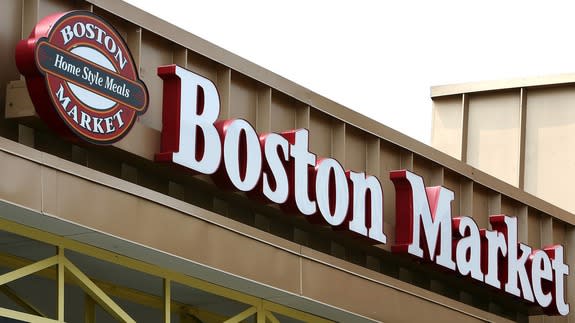
Image: Getty Images/Mark Wilson
Once owned by McDonald's, the rotisserie chicken chain folded after just two years in the country. After opening its first stores in Sydney in 2002, the company opened nine more stores. By 2004, the rotisserie chicken party was over.
It might have been that Australians didn't quite understand what a "rotisserie chicken" was, as they prefer to call them barbecue chickens. It could have also been that barbecue chickens are available on every street corner, and the local supermarket.
Australia already had the market covered, America.
A&W/Long John Silver's
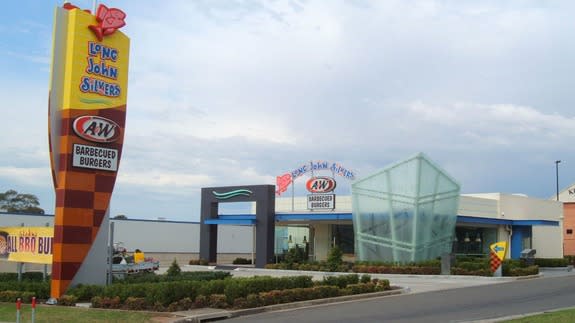
Image: Flickr/bluehorizon99
Here's another chain that just didn't realise Australia was ahead of the curve. Australians have a love for the local fish and chip shop, so it was surprising when seafood chain Long John SIlver's rocked up in the country. The chain serves up fish and chips, without the added bonus of a local vibe.
Long John Silver's first opened in a combined store with burger chain A&W during the mid '00s on the outskirts of Sydney, arriving not with a bang but a whimper. It promptly left in the same way too. Parent company Yum! Brands Inc., which also owns KFC and Taco Bell, sold the chain in 2011.
Google Street View still has an image of the Australian sign, with the outlines of the logo still visible. In true Aussie style, a liquor store took its place.
Burger King
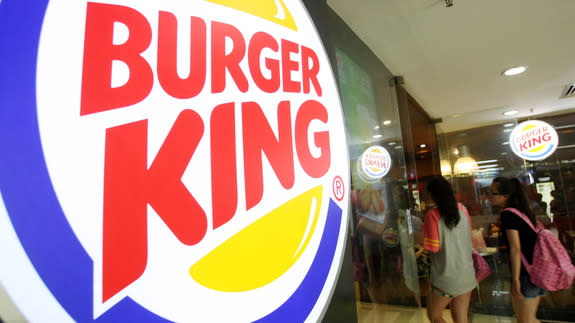
Since 1971, Burger King has existed as an Australian franchise called Hungry Jack's, as the Burger King name had already been trademarked in Australia.
Eventually, the Burger King Corporation decided it wanted a slice of the Aussie market, so it opened up a total of 81 stores in the '90s and '00s. In 2001, the global arm attempted to claim the Australian market as its own by terminating the franchise agreement, leading to a legal dispute between Australian franchisee Jack Cowin and the Burger King Corporation.
The Burger King Corporation lost the battle, with a court ruling that it couldn't terminate the agreement. Burger King subsequently retreated from the Australian market by 2003, handing over its stores to Hungry Jack's.
This confused almost all of Australia — and most people still aren't really sure how the two brands are connected. Despite knowing the burgers are better at Hungry Jack's.
Quizno's
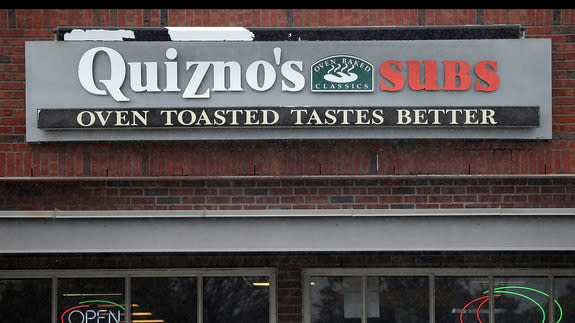
Image: Justin Sullivan/Getty Images
The Australian experiment of Quizno's, a submarine sandwich chain similar to Subway, is a rather sorry saga. Franchisees who had invested hundred of thousands of dollars met a bitter end in 2006, as the local arm went bust after spruiking untruths.
Franchisees were promised by the company it had an "Australianised" menu, whatever that means, and that Quizno's had been trialled in the country for two years, when it had not.
Long story short, a lot of money was lost and the only sub Australians now know is a Subway.
Chili's
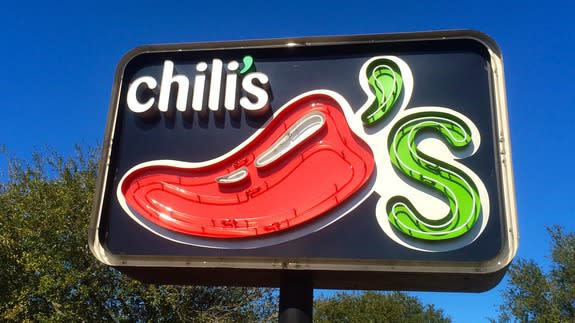
Image: Diane Macdonald/Getty Images
The Australian arm of the tex-mex chain opened five restaurants in Sydney and Wollongong from 2007, helping satisfy Australia's need for queso and corn chips.
The liquid cheese stopped flowing when it went into administration, swiftly disappearing after it was found to have underpaid its young workers by more than A$45,000 (US$31,494) according to a government investigation in 2008. Ouch.
So there you go, America. Australia likes you a lot, we truly do, but sometimes things just don't quite work out.

